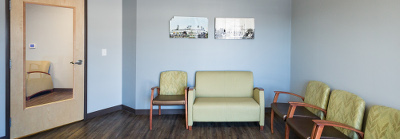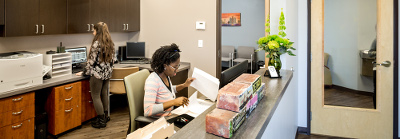A recent Consumer Reports article entitled “What to do about high medical bills” provided some wonderful guidance for families and individuals alike. Especially today, in light of high deductible plans, patients are paying more out-of-pocket for health services, and it’s imperative to know how to manage high medical bills so we don’t avoid seeking care due to the accompanying costs.
Unfortunately, with the way health care is today, many Americans find that their medical services and treatments are not fully covered by their insurance, leaving them to pay the difference. It’s important to be aware, informed and involved in the health care process, and to know what’s coming rather than to reactively respond to a blindside.
Some of the great advice for patients from this article includes the following:
- Think ahead. If you know a surgery is on your horizon, ask questions about what your insurance covers and what the facility bills. Ask good questions of your doctor and other providers, and ask for responses in writing so you have a paper trail.
- Plan. If something is not covered, ask for payment plans or budget out the extra costs. This can only happen if you think ahead and ask for information.
- Dig a little. Conducting research about what insurers pay for procedures and knowing you have the power to negotiate empowers patients.
- Cash is king. Sometimes, medical venues will negotiate a total bill lower if the patient pays cash in full. It’s worth asking!
- Find advocates. Patient advocates can help patients decipher billing codes, errors and help navigate bill-paying problems. (They cost a pretty penny, though, so do your research before hiring someone!)











